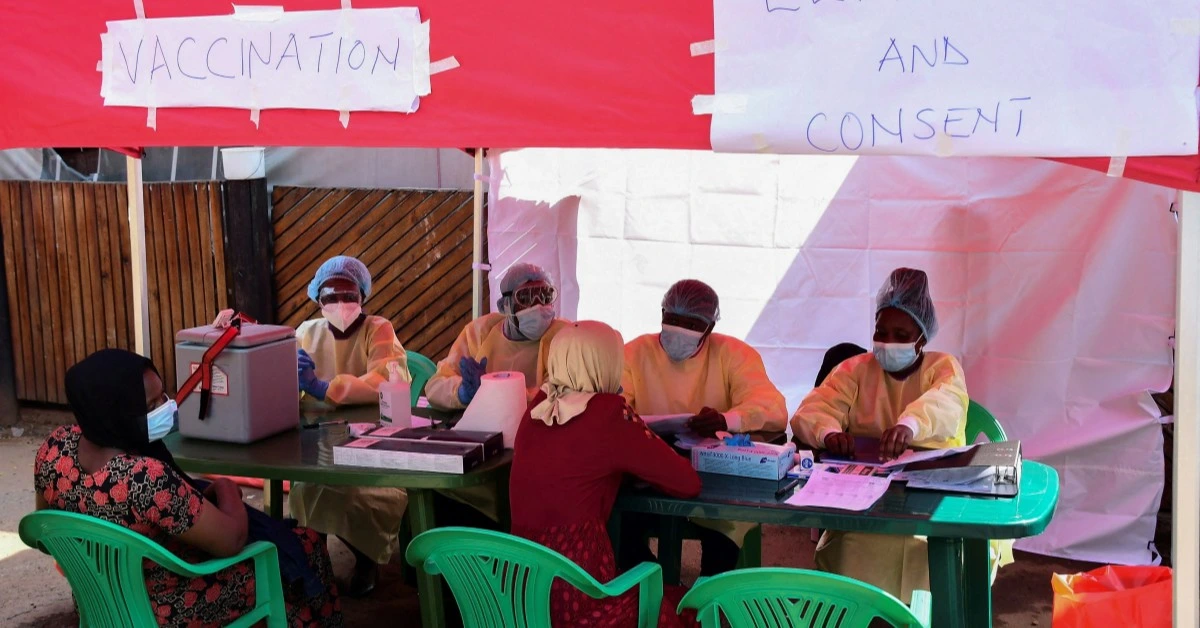
UGANDA – The United Nations has launched an emergency appeal to raise US $11.2 million to help Uganda contain an Ebola outbreak that has killed two people.
The country’s response has been strained following U.S. cuts to foreign aid, which previously funded much of its public health efforts.
Uganda declared the outbreak in January after a male nurse at the country’s national referral hospital in Kampala died from the disease.
A second patient, a four-year-old child, also died last week, according to the World Health Organization (WHO) and Uganda’s Health Ministry.
There are currently 10 confirmed cases, all linked to the Sudan strain of Ebola, for which no approved vaccine exists.
In a statement on Tuesday, the UN said the requested funds would support Uganda’s Ebola response from March to May across seven high-risk districts.
“The goal is to rapidly contain the outbreak and address its impact on public health as well as the socio-economic life of affected people,” said Kasonde Mwinga, WHO’s representative in Uganda.
Uganda has historically depended on U.S. funding for its healthcare system. During the 2022-2023 Ebola outbreak, the U.S. provided US $34 million for case management, surveillance, diagnostics, laboratories, and infection prevention.
However, the Trump administration’s aid freeze has significantly reduced funding, making it harder for Uganda to manage health emergencies, government officials say.
Dr. Janet Diaz from WHO’s Health Emergencies Programme noted that U.S. funding cuts have forced WHO to take over tasks previously handled by other organizations.
“We are now deploying surveillance teams at border points and managing biological samples,” she said during a press briefing in Geneva.
Ebola is a highly contagious viral disease that causes fever, headache, muscle pain, and, in severe cases, internal bleeding.
It spreads through direct contact with infected bodily fluids and tissues. Uganda’s Health Ministry has not yet commented on how the funding shortfall is affecting its Ebola response.
With no approved vaccine for the Sudan strain, health officials warn that rapid containment measures are crucial to preventing a wider outbreak.
XRP HEALTHCARE L.L.C | License Number: 2312867.01 | Dubai | © Copyright 2025 | All Rights Reserved